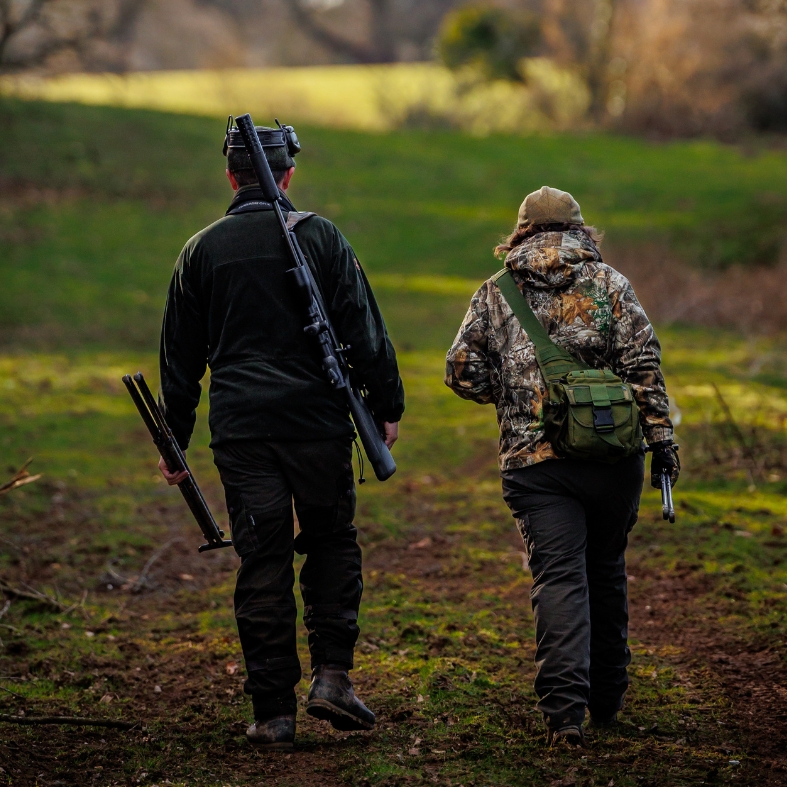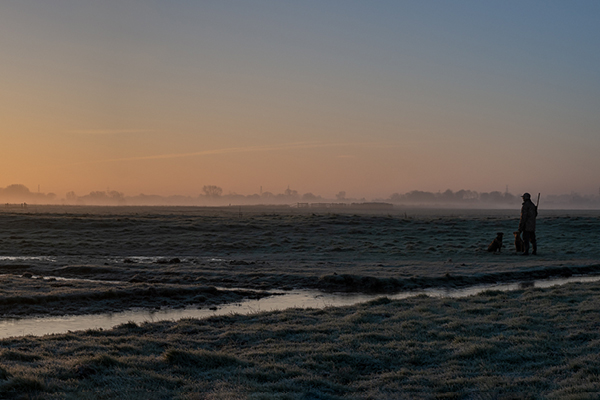
Applications now open for Defra deer chiller trailer grants
Applications for Farming Equipment and Technology Fund are now open and include grants of up to 50 per cent for deer chiller trailers.
Get information on the legal shooting season for mammals and birds in the UK.
Apply for funding for your project or make a donation today
Comprehensive information and advice from our specialist firearms team.
Everything you need to know about shotgun, rifle and airgun ammunition.
Find our up-to-date information, advice and links to government resources.
Everything you need to know on firearms law and licensing.
All the latest news and advice on general licences and how they affect you.


Mentors have a vital role to play in ensuring that the shooting sector continues to grow and flourish, says BASC’s Heather Warrender.
No matter your choice of country pursuit, it is likely that it is more than a pastime; it’s a passion, a way of life, a sense of community.
But within the UK, and across much of Europe and the US, we are seeing a decline in participation. Fewer people are taking up shooting, and fewer still are engaging with the countryside in the ways we used to. So how do we, as a community, ensure that our way of life continues for generations to come and is not lost to the digital age?
A new study by Gruntorad et al. (2025) offers a timely reminder that mentorship, the simple act of inviting someone along and showing them the ropes, is a powerful tool we can use to sustain and grow our community.
The study shows how mentoring plays a critical role in sustaining waterfowl hunters in the central flyway in the US and highlights which demographic are more likely to become mentors. They found that mentorship is most popular between the ages of 20-50, with people within this group having a 50 per cent probability of taking someone new out shooting. From age 60 onwards people were increasingly less likely to take up mentorship.
Whether you’re wildfowling on the estuary, managing habitat on a shoot or working your pack of spaniels, we are part of a living tradition. But traditions only endure when they are shared.
Mentorship isn’t just about teaching someone to shoot, it’s about passing on values, building confidence, helping others adapt to change and sharing a passion for the countryside.
It’s also about advocacy: allowing others to understand why we do what we do, and how it contributes to conservation and countryside management.
BASC’s own deer mentoring scheme is a great example of this ethos in action. It connects experienced stalkers with newcomers, offering practical guidance, safety advice, and fieldcraft. It’s not just about learning to stalk, it’s about building confidence and encouraging responsible practice.
So, what can we do? Start by staying informed about best practice guidance so you can be the best advocate possible. Take someone new out; a young person, a curious friend, or a new syndicate member. Share your story, whether through a blog, a talk, or a social media post.
And most importantly, lead by example. You may be the one to ignite a new lifelong passion in someone for the countryside and the traditions we hold dear, growing and strengthening our community.
In our ever-changing world it is important that we honour the past, welcome new voices and adapt with the times, keeping our community well-informed and future ready.


Applications for Farming Equipment and Technology Fund are now open and include grants of up to 50 per cent for deer chiller trailers.

Patrick O’Reilly discusses the government’s Living Heritage Lists and why we must ensure that shooting is recognised within them.

BASC deer officer Audrey Watson discusses how identifying woodland plant species and assessing damage can help you to carry out successful deer impact assessments.